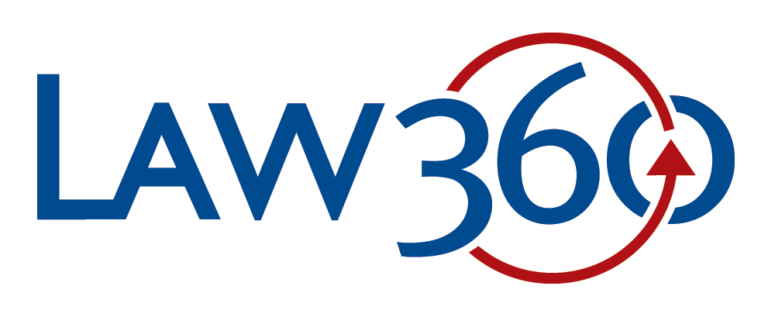Class action watchdog Ted Frank files objection to Equifax deal
The most promising of those arguments seems to me to be CCAF’s assertion that Equifax and class counsel failed to acknowledge and address potential conflicts among class members. The brief uses Frank and Watkins, the named objectors, to illustrate that point. In Watkins’ home state of Utah, he might be entitled to statutory damages of as much as $2,000 in claims arising from the Equifax breach. Frank, who lived in Washington, could have claimed statutory damages of $1,500. But New Yorkers in the Equifax class would be permitted only $50 for claims under New York general business law.




